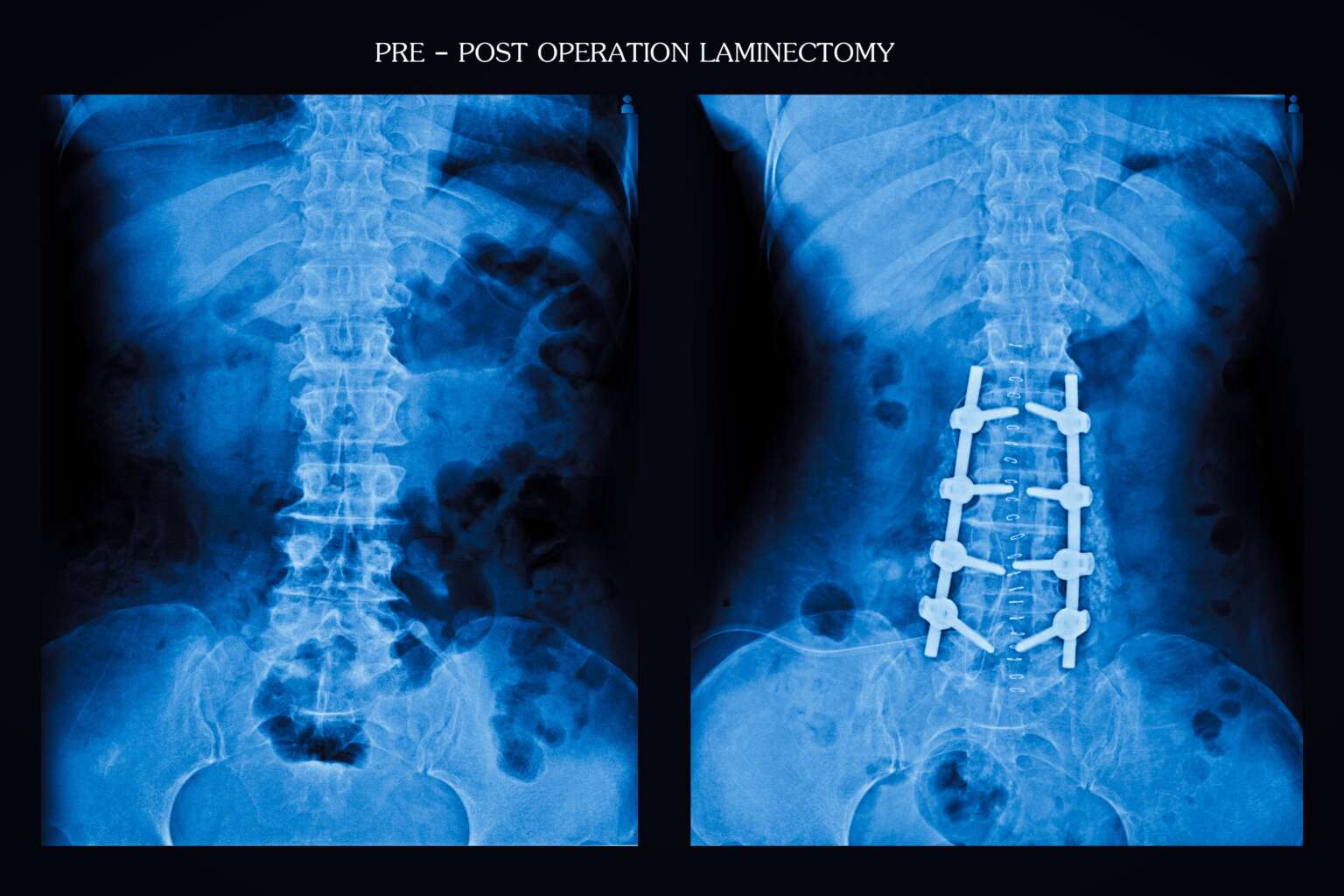What are Failed Spinal Fusions?
When a spinal fusion is unsuccessful, it’s called failed fusion. A failed fusion happens when the bones don’t heal together properly after surgery. In most cases, this occurs because there was not enough bone growth during the healing process.


What are Failed Spinal Fusions?
When a spinal fusion is unsuccessful, it’s called failed fusion. A failed fusion happens when the bones don’t heal together properly after surgery. In most cases, this occurs because there was not enough bone growth during the healing process.
Causes of Failed Spinal Fusions
There are a lot of possible causes for failed spinal fusion. The most common include:
Not Enough Support
There is not enough support to hold the spine in place. This can happen if your doctor did not use enough hardware or if your body has rejected the hardware.
Hardware Failure
Another common cause of failed spinal fusion. The hardware may have been put in incorrectly, or it may have worn out over time.
Treatment for Failed Spinal Fusions
If your first procedure was unsuccessful, it may be worth trying again with a different doctor or improved techniques. In some cases, this is an effective way to treat failed fusions and get back on track with your recovery process.
Make sure that your surgeon has experience working with patients who have experienced failed fusions before choosing this option.
